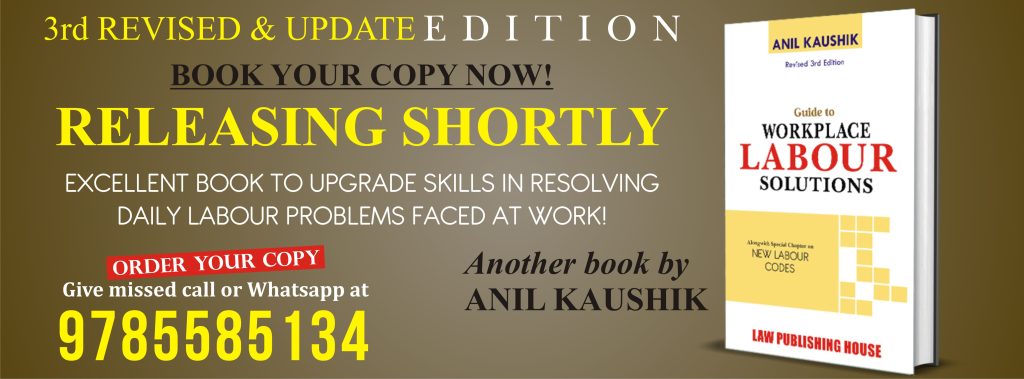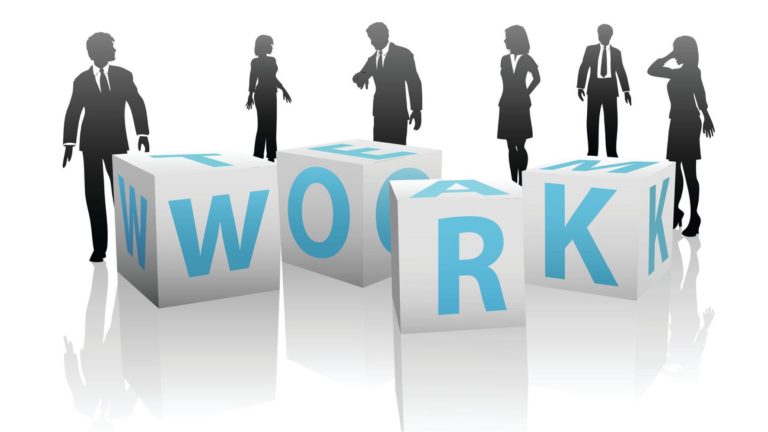Over three years have elapsed since the World Health Organization declared Covid-19 a pandemic, catalyzing a remarkable transformation in the landscape of work culture. In the pandemic’s aftermath, workforces underwent a seismic shift, relocating their operations to remote settings. Commutes and office spaces relinquished their prominence, as employees seamlessly transitioned to working from the comfort of their homes. Notably, the pandemic wielded an influence over employee priorities, triggering a pronounced focus on work-life equilibrium, mental well-being, and overall health (according to an IBM report gauging employee preferences in 2021, over 50% of employees prioritized work-life balance.) This transformative era ushered in a comprehensive metamorphosis in work culture, heralding novel work methodologies, technologies, and recalibrated employee expectations.
Amidst the march of advancing technology, the rise of diverse and intersectional workplaces, the emergence of visionary leaders, and the seismic shifts in workplace dynamics spurred by the pandemic, HR’s significance has taken center stage in this new paradigm. Indeed, the contours of human resources have expanded to occupy a critical space.
HR as a “Barometer of Change” and a Central Driver of Transformation
Organizations recognize the importance of adopting a holistic approach to their workforce, aiming to provide efficient support. This results in a coordinated endeavor between leaders and HR, which is being fortified to significantly enhance overall organizational outcomes.
While HR has consistently played a pivotal role, the current landscape of flexible work and emerging opportunities demands a redefined skill set and approach. HR professionals now bear the profound responsibility of optimizing human capital engagement. This encompasses an increased focus on fostering continuous learning and upskilling and on the proactive management of employees’ physical and mental well-being. Robust channels for open and transparent communication, including town halls, check-ins and feedback surveys, have emerged as essential conduits for nurturing belongingness and bridging the gap between remote and in-office teams. Further fostering team cohesion and camaraderie, HR is actively engaging employees in voluntary endeavors for social responsibility and community upliftment. These initiatives enhance a sense of purpose and strengthen bonds, effectively weaving together a more tightly knit workforce.
With the compass of compassion and the tools of adaptability, HR is paving the path for a positive workplace culture where employees flourish, bonds strengthen, and the organizational tapestry weaves a narrative of unity, growth, and shared achievement.
The employee experience, profoundly influenced by remote work, has brought forth new challenges. Some employees may have never set foot in a physical office or met their colleagues face-to-face, creating a need for innovative mentorship programs to aid cultural assimilation. A noteworthy aspect of the employee experience that has grown more intricate pertains to engaging in “constructive conversations.” In the pre-pandemic era, HR managers facilitated open dialogues and provided support through one-on-one conversations with employees, fostering an atmosphere of trust and understanding. These interactions, often held within the office premises, allowed for personalized attention and connection. The transition to remote or hybrid work setups, while introducing new dynamics, has prompted HRs to explore innovative avenues for maintaining this level of engagement. While video calls serve as a valuable tool, their limitations in replicating the nuanced cues of in-person exchanges are recognized. As a result, HRs are proactively strategizing to adapt to these changes and equip managers with fresh approaches through tailored training, ensuring effective communication, and employee well-being remain at the forefront of organizational practices.
When human resources professionals prioritize enhancing the employee experience, they cultivate a culture characterized by openness and inclusivity, ensuring a sense of belonging for all. Within such a framework, creativity, collaboration, and innovation thrive. Empowered by the knowledge that their perspectives matter and their efforts are esteemed, employees are motivated to deliver their utmost potential.
Nurturing Employee Wellbeing amidst Shifting Times
Amidst the pandemic’s widespread impact on mental health, the far-reaching implications for our overall wellbeing remain uncertain. In response, safeguarding the health and welfare of employees has emerged as the paramount concern for HR, a commitment that will persist. While numerous companies already extend support through avenues such as employee assistance programs and wellness initiatives, not all staff members are aware of or utilize these valuable resources.
Hence, the onus falls on human resources to amplify the visibility of these provisions through enhanced communication strategies. Furthermore, as circumstances warrant, there’s a responsibility to expand and refine certain offerings. This ensures that both employees and managers have unrestricted access to essential tools and support for self-care and effective team leadership, including activities like mindfulness sessions, coaching, and wellness challenges.
Concluding Thoughts
In the realm of building a positive workplace culture, the transformative evolution of HR stands as a guiding beacon. The metamorphosis from a conventional administrative function to a dynamic force nurturing employee well-being has been instrumental in shaping a vibrant and cohesive organizational ethos. By prioritizing emotional intelligence, a (psychologically) safe work environment and understanding the multi-generational workforce dynamics, HR professionals are forging a culture where inclusivity and belonging are paramount. This culture reverberates through collaborative endeavors, innovative thinking, and collective empowerment, creating an environment where every voice resonates and contributes to the symphony of success.
As organizations navigate the ever-evolving landscape, HR remains the steadfast architect of this cultural transformation. Beyond the tactical responsibilities, HR continues to be the flag bearer of organizational values, the champion of diversity, and the steward of a workplace culture that embraces change, values authenticity, and fuels inspiration. With the compass of compassion and the tools of adaptability, HR is paving the path for a positive workplace culture where employees flourish, bonds strengthen, and the organizational tapestry weaves a narrative of unity, growth, and shared achievement.
Stay connected with us on social media platform for instant update click here to join our LinkedIn, Twitter & Facebook
























